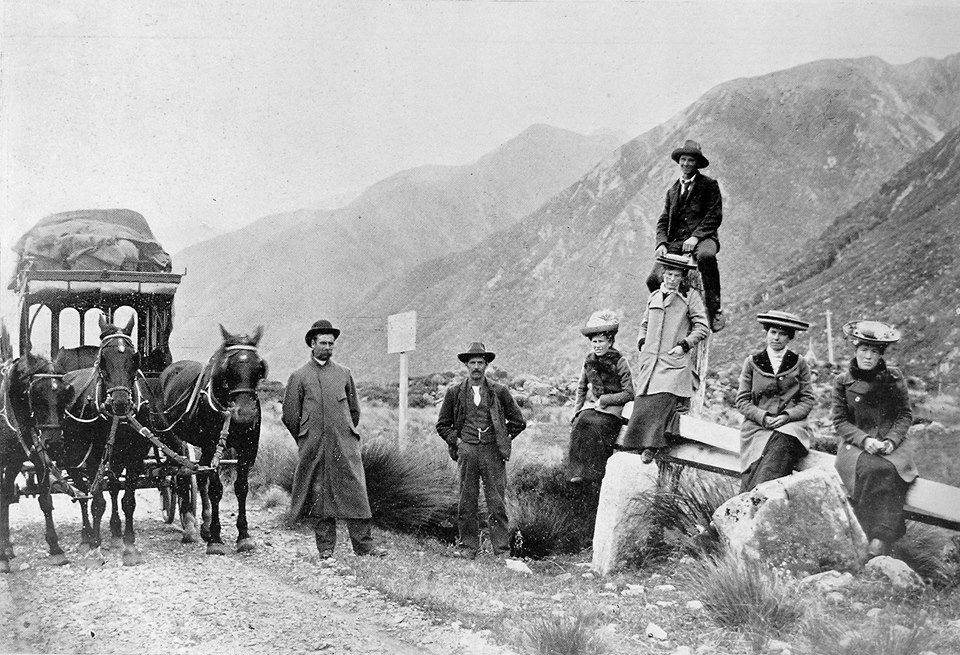Lindsay Mitchell
lindsaymitchell.blogspot.com
Regarding the new history curriculum, according to RNZ, “On Wednesday, Education Minister Chris Hipkins urged New Zealanders to check out the content and provide feedback before it was finalised.”
It isn’t the easiest website to navigate but I eventually found, from the ‘draft curriculum’, the ‘progress outcome by end of year 10’. This is what students – akonga – will ‘know’ by that stage:
“I have built my knowledge of stories iwi and hapu tell about their history in the rohe, and of stories about the people, events, and changes that have been important in my local area. For the national contexts, I know the following:
Whakapapa me te whanaungatanga
Migration and mobility
Aotearoa New Zealand has a history of selective and discriminatory practices to control migration, with little negotiation with Maori as tangata whenua. Nineteenth-century immigration schemes were designed to create a British colony and consequently shifted the balance of power from Maori to settlers. Immigration policy has been used to exclude some peoples and to restrict conditions for entry and citizenship.
Identity
Contested ideas about identity have come from youth challenging social norms, and from social actions addressing injustices and societal divisions over values. Maori have communicated their distinctiveness through cultural practices that have sometimes been appropriated and used inappropriately.
International conflicts
Our attitudes towards and reasons for participation in international wars, and the impact they have had on our society, have changed over time. The ways that we have commemorated these conflicts have reflected these changing perspectives.
Turangawaewae me te kaitiakitanga
Land, water, and resources
There have been contested views about developing Aotearoa New Zealand and its economic resources. This is especially evidenced by our environmental history.
Mana motuhake
New Zealand’s settler government and the Crown were determined to undermine mana Maori, especially by acquiring Maori territories. The New Zealand Wars and the legislation that followed demonstrated their willingness to do this by any means.
Tino rangatiratanga me te kawanatanga
Te Tiriti o Waitangi
In 1840, the Treaty promised to protect tribal rangatiratanga. By 1900, it had become the means of regaining what it had promised – rangatiratanga, mana motuhake, self determination. It also underpinned iwi attempts to remedy injustice by working inside, alongside, and outside the Crown system.
The Waitangi Tribunal investigation process and subsequent settlements by the Crown have led to economic, political, social, and cultural growth for iwi. The settlements have also provided an opportunity for reconciliation.
The state and the people
When people and groups have campaigned on or asserted their human rights, it has forced the state to act. This has been evident in the actions of workers’ groups and organisations of women and of wahine Maori. It has also been evident in law reform in relation to gender identity.
The state and the Pacific
Aotearoa New Zealand has acted in the Pacific in line with its own political, strategic, economic, and social interests. But its actions have also been an expression of whanaungatanga.
In my learning in Aotearoa New Zealand’s histories, I can:
• construct and compare narratives of cause and consequence that place historical events, people, and changes in an extended sequence with links to the present
• actively seek out historical sources with differing perspectives and contrary views (including those that challenge my own interpretation), giving deliberate attention to matauranga Maori sources. While doing so, I identify missing voices and draw conclusions that capture the diversity of people’s experiences
• make an informed ethical judgement about people’s actions in the past, giving careful consideration to the complex predicaments they faced, the attitudes and values of the times, and my own values and attitudes.”
What do you think?
I’ll make one response (though I have more).
I thought that making ethical judgements belonged to the study of philosophy.
Please share this article so that others can discover The BFD.

